A nurse anesthetist who created a 3D video laryngoscope blade used around the world and a family medicine physician who made health care accessible in rural Guatemala each recently received the 2021 David Lawrence Community Service Award.
The award annually recognizes Kaiser Permanente employees and physicians, individually or in groups, who demonstrate extraordinary efforts to improve the health of communities in the United States and abroad. Winners receive $10,000 to donate to the organization of their choice.
3D printing creates lifesaving system for developing countries
Bryan Archpru, a certified registered nurse anesthetist at the Kaiser Permanente Santa Clara Medical Center, became interested in the possibilities of 3D printing — the process of making 3-dimensional solid objects from a digital file.
After coming across the idea of a low-cost 3D printed video laryngoscope system online, he decided to try to make one himself. Video laryngoscopes are used to intubate patients with both normal and difficult airways. Medical grade video laryngoscopes are expensive and can cost thousands of dollars, but 3D printing video laryngoscope blades could potentially make them affordable and available in developing countries.
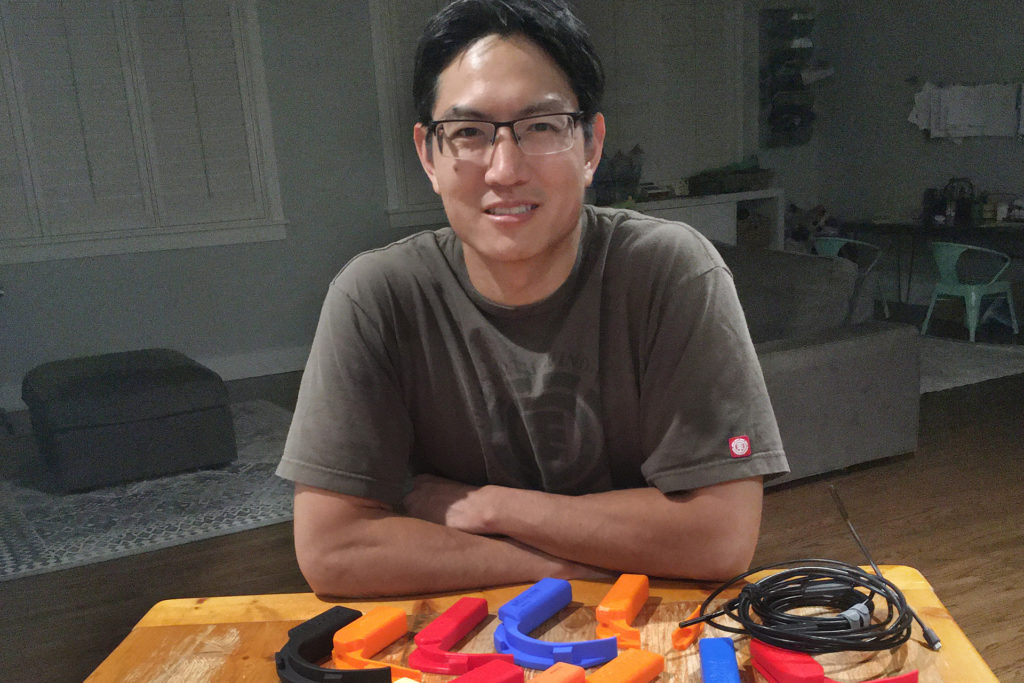
Archpru created his own 3D file, sent the file to a 3D printing company to print, ordered a flexible camera scope, and used his father’s old Samsung Galaxy phone to create his first video laryngoscope system. Colleagues who were going on a mission trip to the Philippines agreed to test it out. The feedback was immediately positive.
“For me, that was the light-bulb moment — like wow, this can really help a lot of people,” Archpru said.
Archpru launched The AirAngel Project, a not-for-profit organization, with the goal of making video laryngo-scopes affordable in developing countries. The website not only provides access to the 3D files, it shows users step by step how to build their own 3D printed video laryngoscope system.
When the pandemic hit, there was an unprecedented demand and a global shortage of video laryngoscopes. Traffic to the AirAngel website increased 1,000%, prompting Archpru to scramble to meet the need by partnering with others to create different sized blades for the scopes.
The files have been shared in more than 70 countries with more than 3,000 downloads. Because sharing the files are encouraged, it’s unclear how many blades have been printed. There are many hospitals in developing countries in which the AirAngel blades are the only video laryngoscope systems being used.
“The need is real and the success of the project so far has proven that people all over the world are actively looking for something that our project is offering,” Archpru said.
Making health care more accessible in rural Guatemala
Kate Feibusch, MD, is passionate about ensuring health care is available to subsistence farmers in the most remote villages of rural Guatemala. For the past 22 years, she has trained local volunteers to be community health workers who can help with ailments ranging from dehydration to diabetes.
When Dr. Feibusch completed her medical residency in 1999, she planned to work in Guatemala as a volunteer for 2 years, but she loved the work and the people so much that she stayed for 12. When she finally moved back to the United States, with her 2 young daughters, Dr. Feibusch joined La Clinica, the bilingual module at Kaiser Permanente Santa Rosa where she is a family medicine physician. She continues to visit Guatemala regularly.
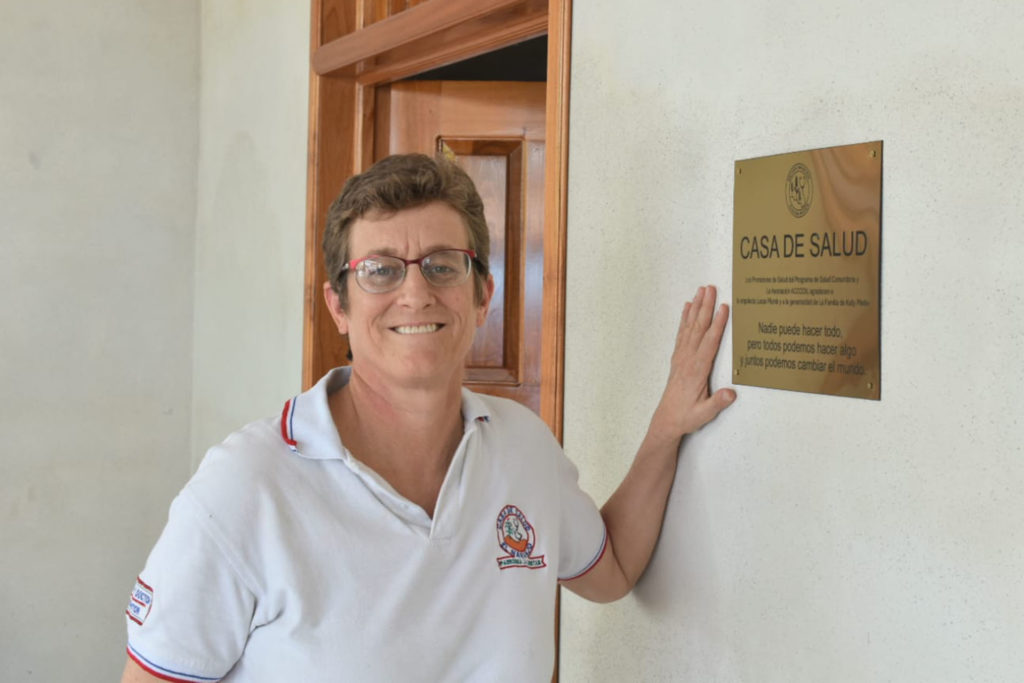
In 2017, Dr. Feibusch launched Petén Health, a nonprofit organization dedicated to training, equip-ping, and supporting the community health workers. Currently, 48 local health workers serve 28 villages in a region that is home to 60,000 people.
Petén Health’s first major project was to build a center with classrooms, dorms, and a medical clinic. This center was built in 3 years with $250,000, including donations from many Kaiser Permanente physicians and employees. Last year, 6,700 patients were seen at the clinic, and many more were helped by community health workers in their homes and villages.
“The center has made a huge difference,” Dr. Feibusch said. “It’s become a hub of activity in the region.”
Dr. Feibusch and the health worker team plan to start another 3-year training cycle for new volunteers in 2024 in order to expand health care access to more villages.
“I love sharing the amazing work of the community health workers with my colleagues through Petén Health. It’s a way for all of us to be part of improving this little piece of the world,” she said. “I’m honored to receive the David Lawrence Award, but the real credit goes to the community health workers. They are the true heroes.”

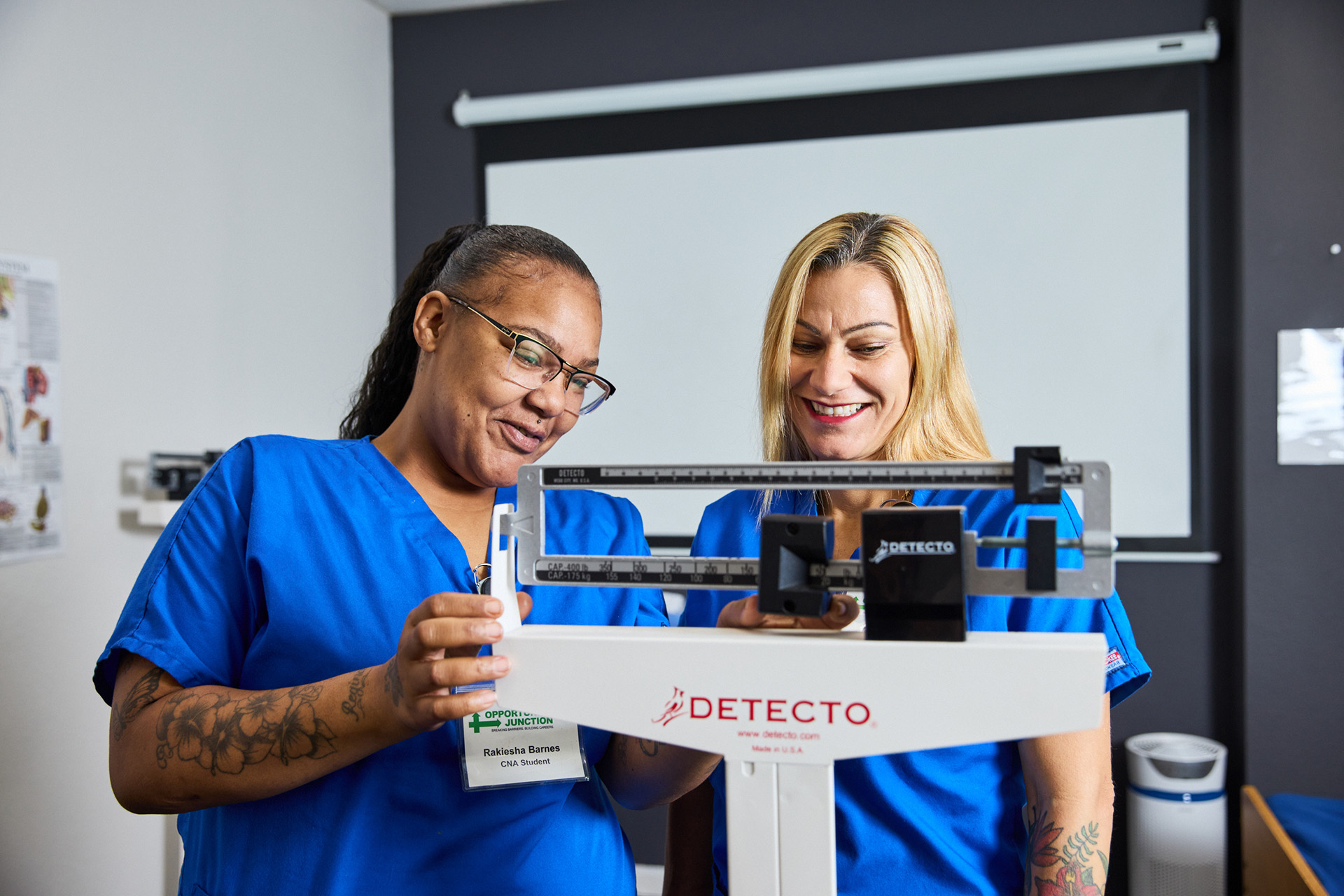
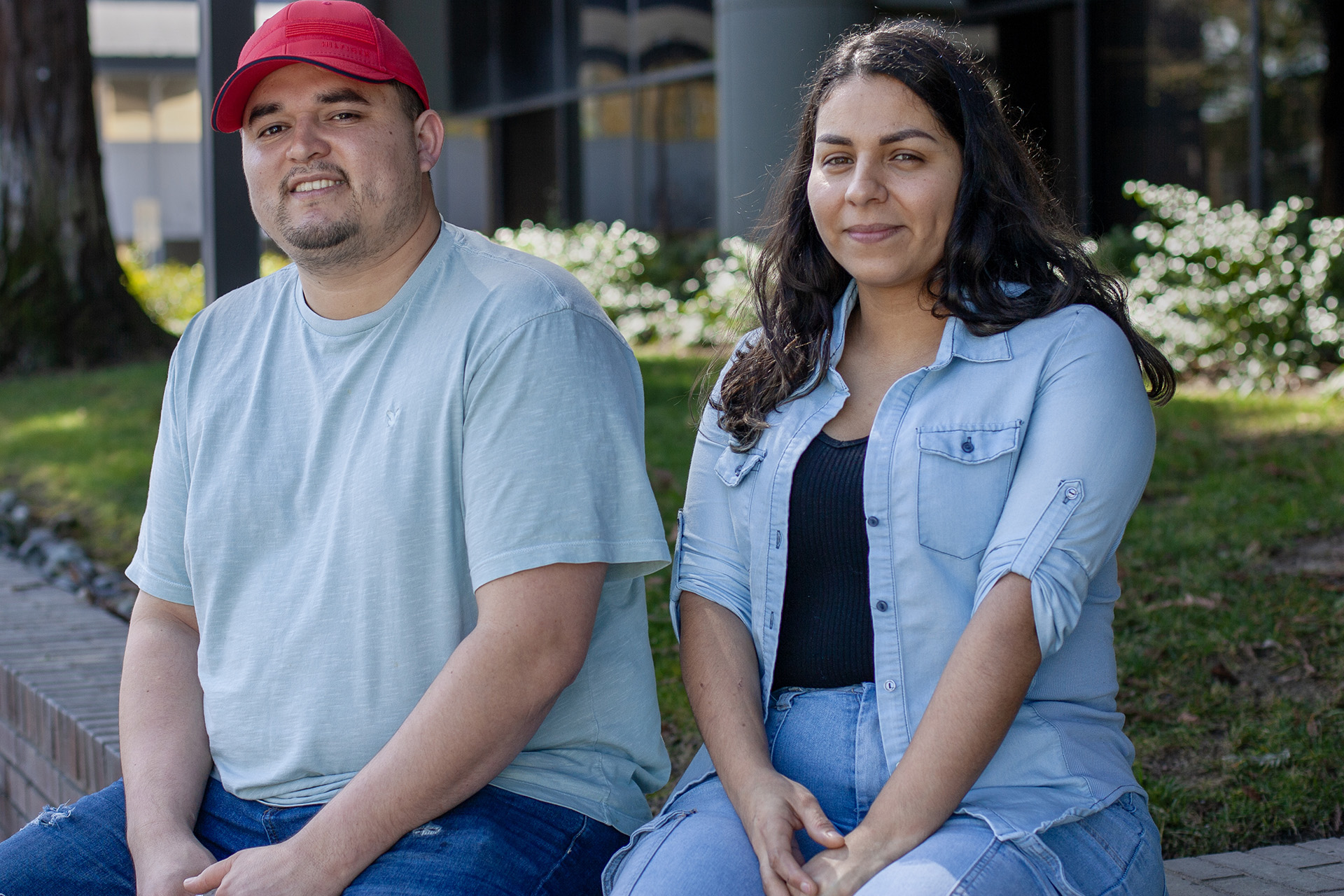
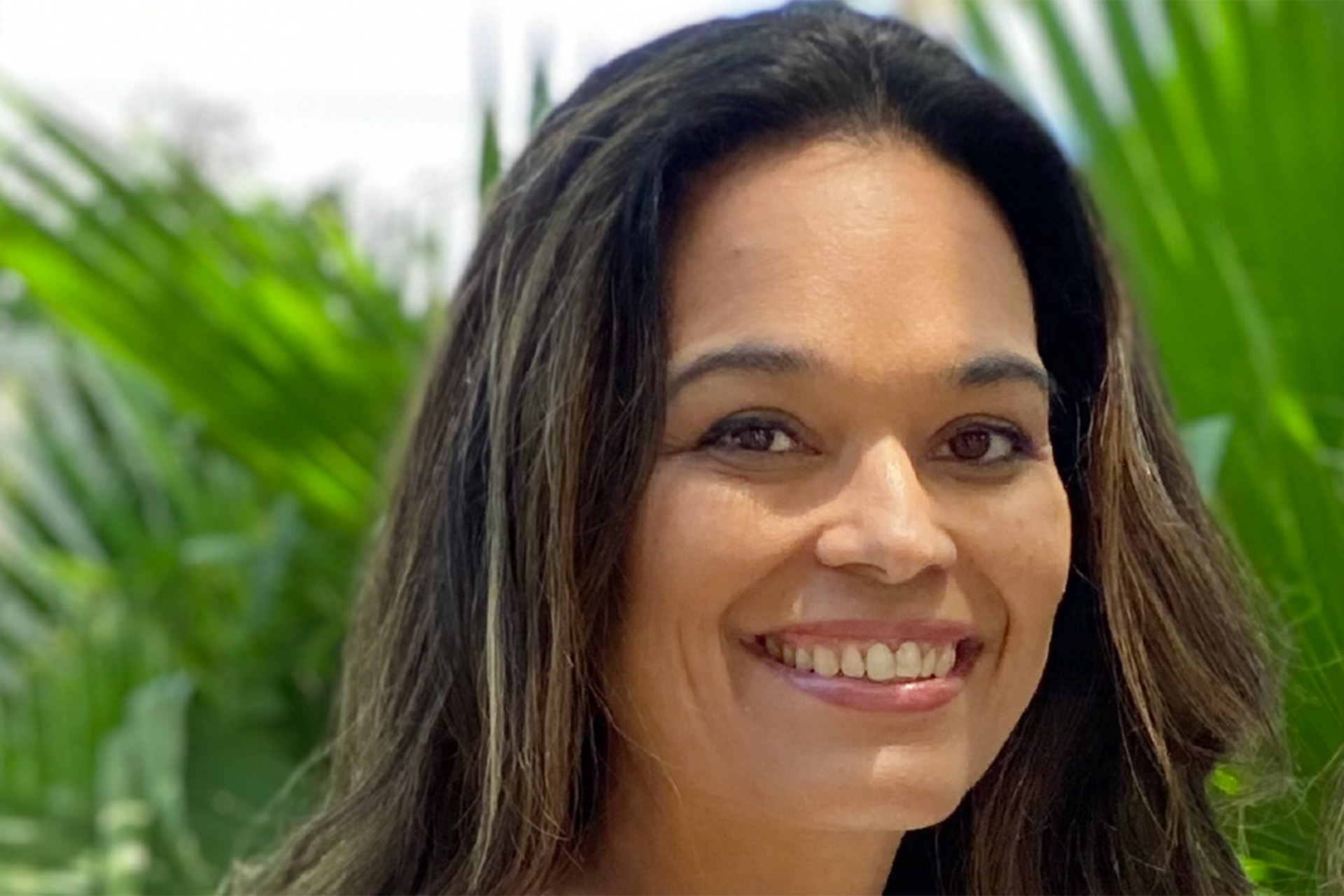
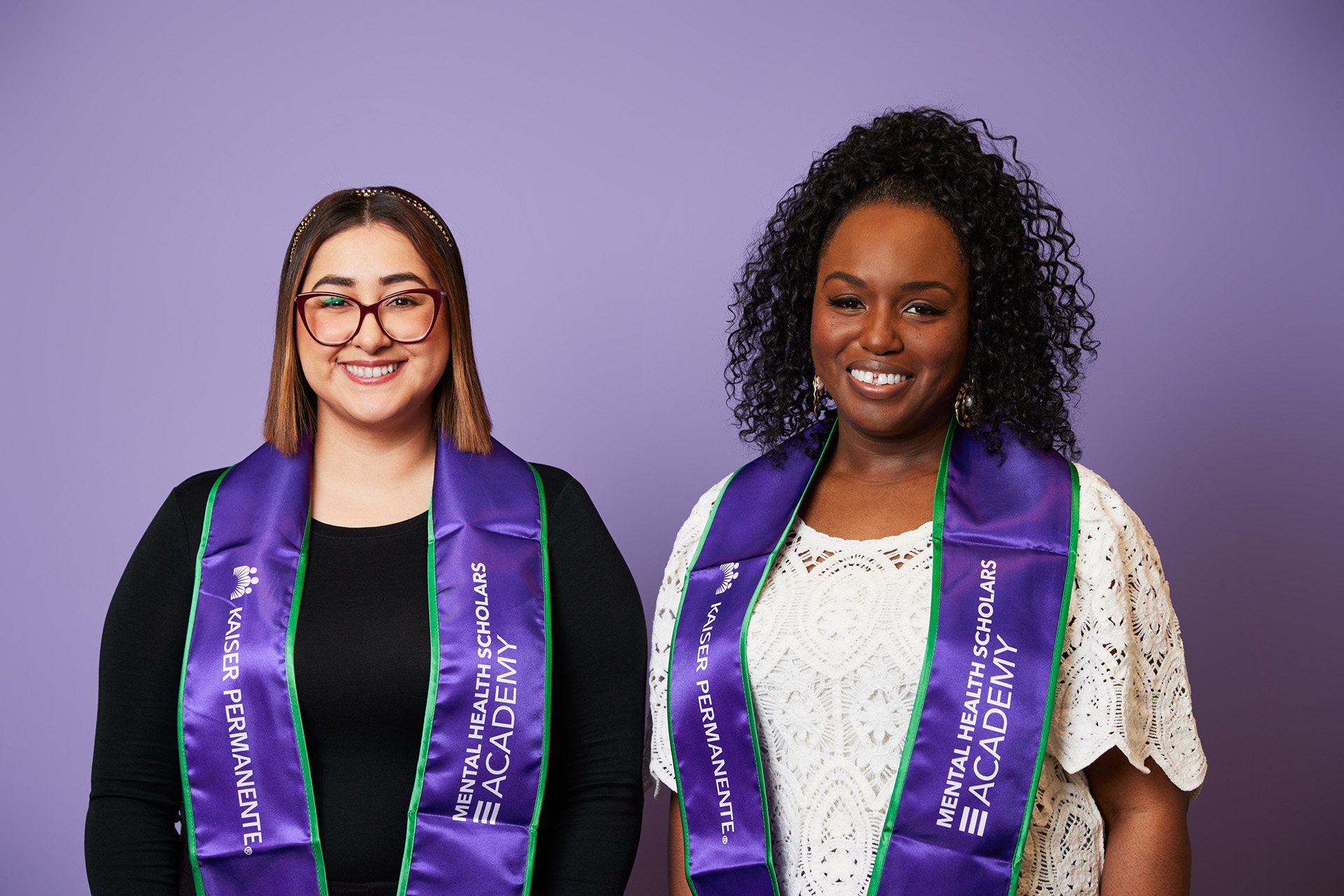
This Post Has One Comment
Thank you Dr Feibusch for your dedication to our Hispanic community!